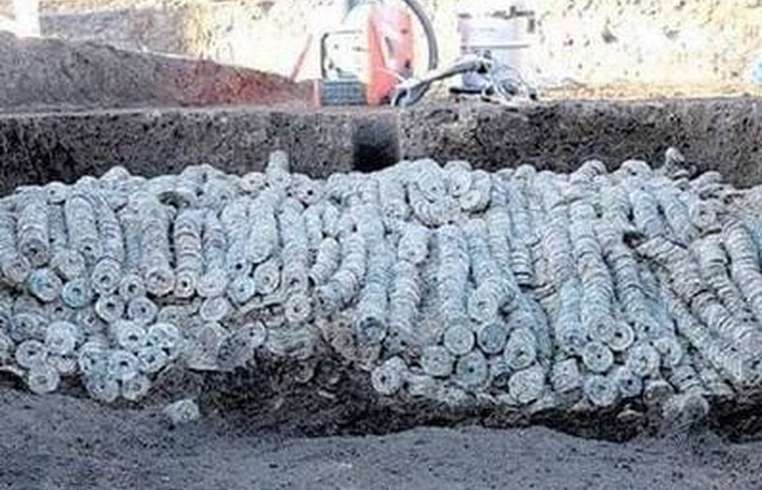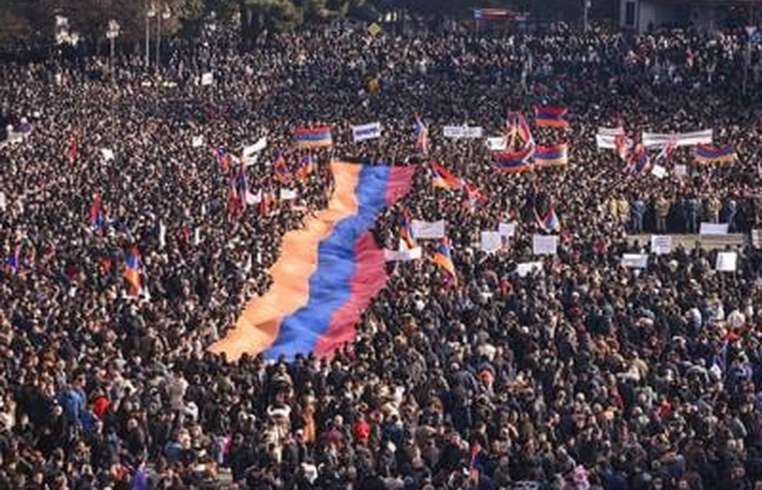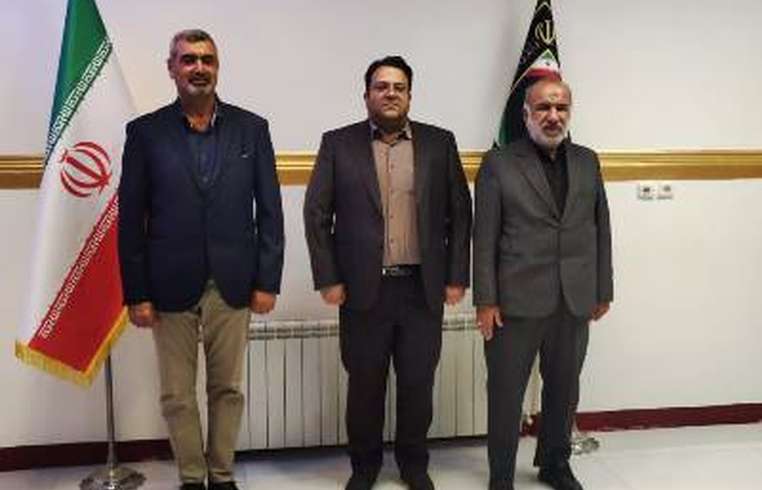
News - Ancient treasure containing hundreds of thousands of coins discovered in Japan
Business Strategy
Ancient treasure containing hundreds of thousands of coins discovered in Japan

Archaeologists found a trove of 100,000 ancient coins at an excavation site in Maebashi, Gunma Prefecture, in central Japan, the national newspaper Asahi Shimbun reported, citing Maebashi municipal government officials, according to Business Insider. The coins were found in an area where a company planned to build a factory. Archeologists dug up the area, and found 1,060 bundles of coins containing 100 pieces each. The coins were bundled with straw rope. Archeologists found that some of the coins traced back to China and date some 2,000 years old. They've examined 334 coins and found the coins date back to at least 44 different years. The oldest coin examined was a Ban Liang—a bronze coin that dates back to the Chinese empire in 175 BC—and the most recent dated to 1256. The oldest coin found was engraved with the words "Ban" and "Liang" and had a hole in the middle. Several large hoards of coins have been found in Japan, but why they were buried is a matter of debate among scholars. The vault could function as a bank. Another theory is that the storage area had a symbolic meaning, perhaps a religious one, researchers say. Another theory is that the Japanese buried the coins during the war to keep them safe.






